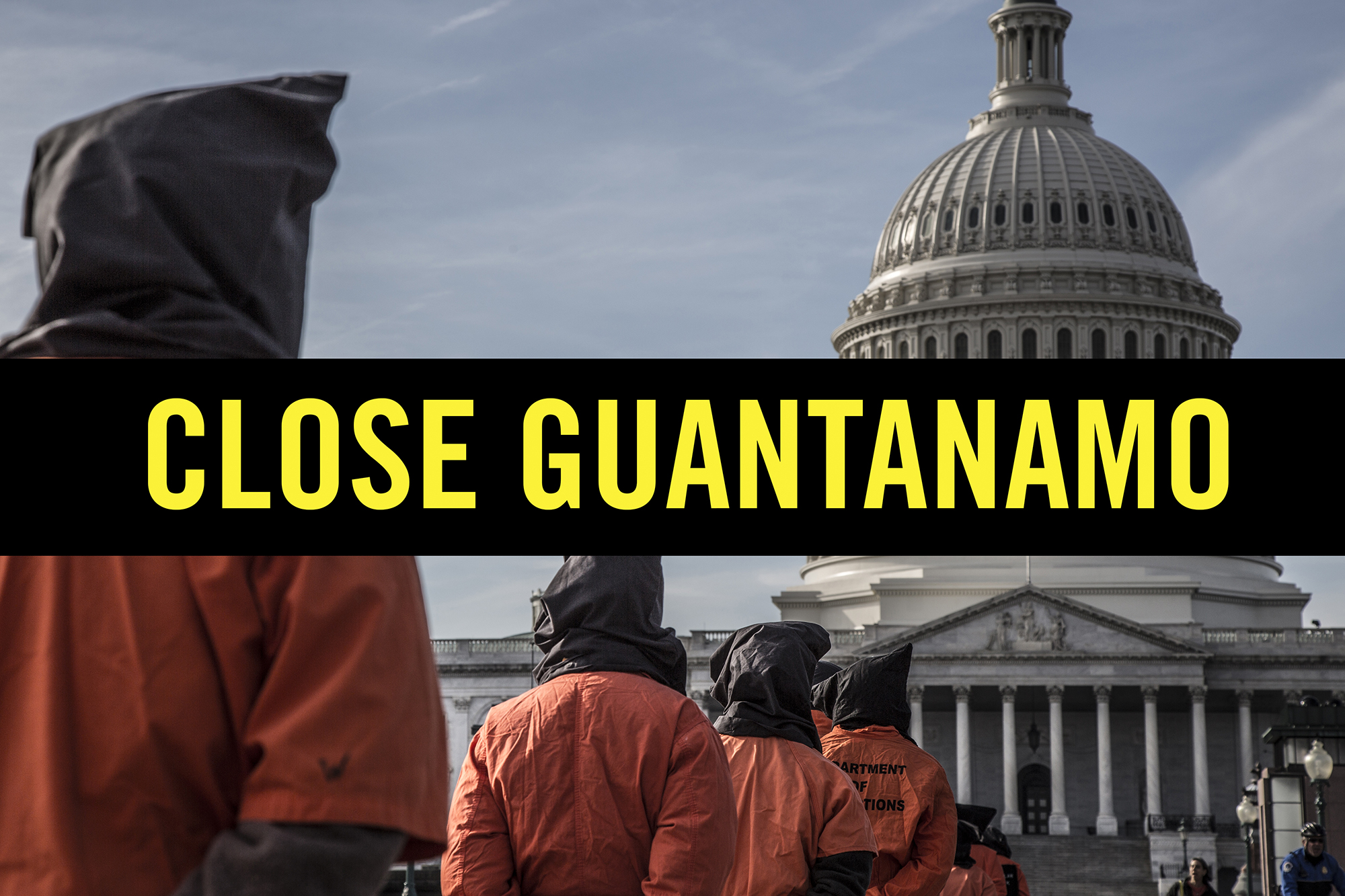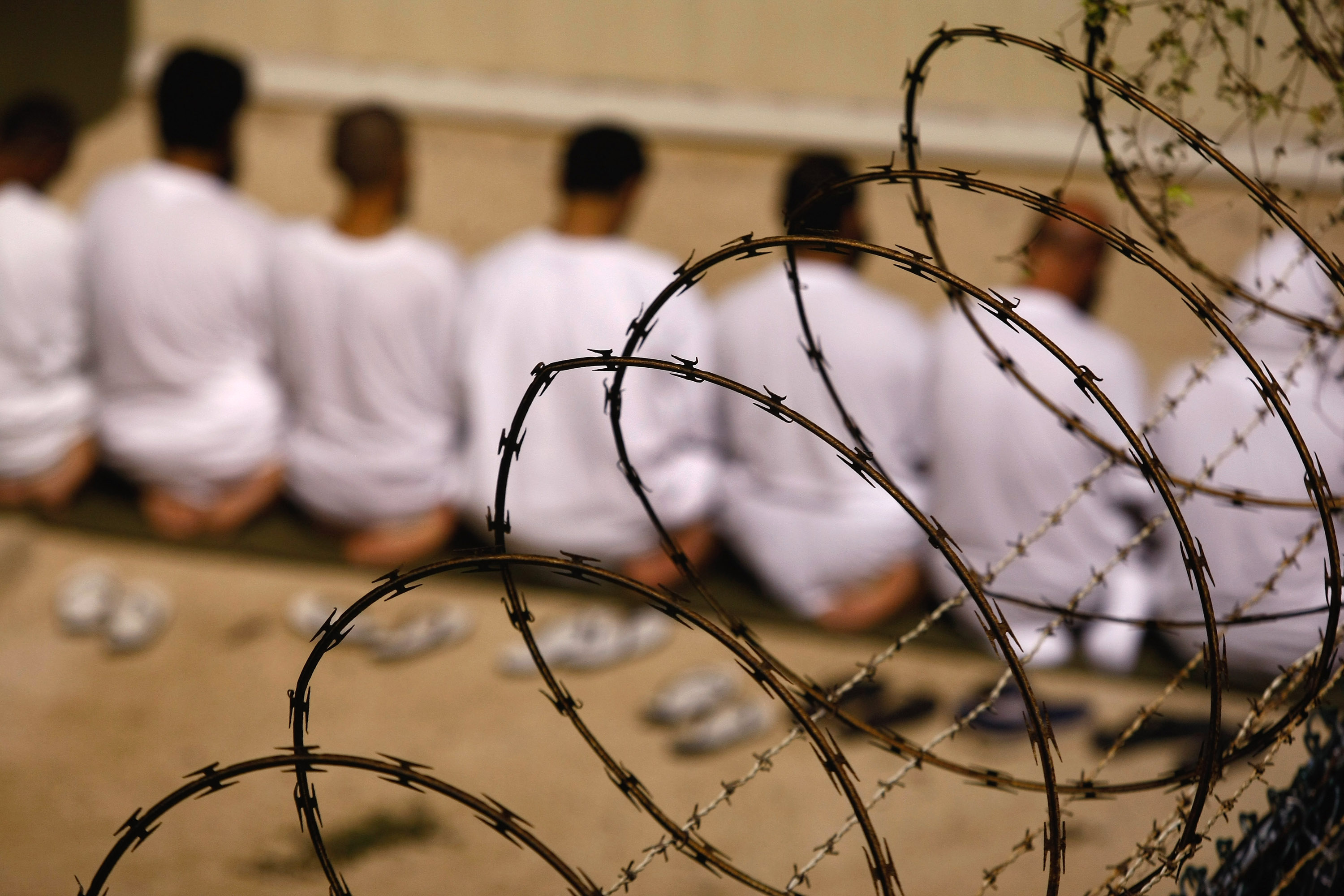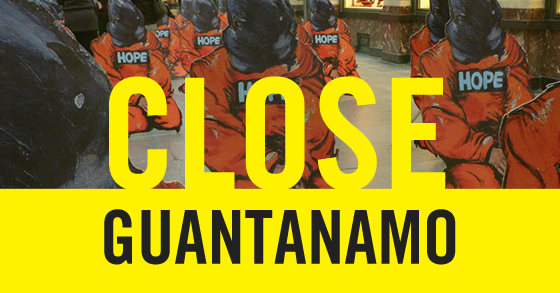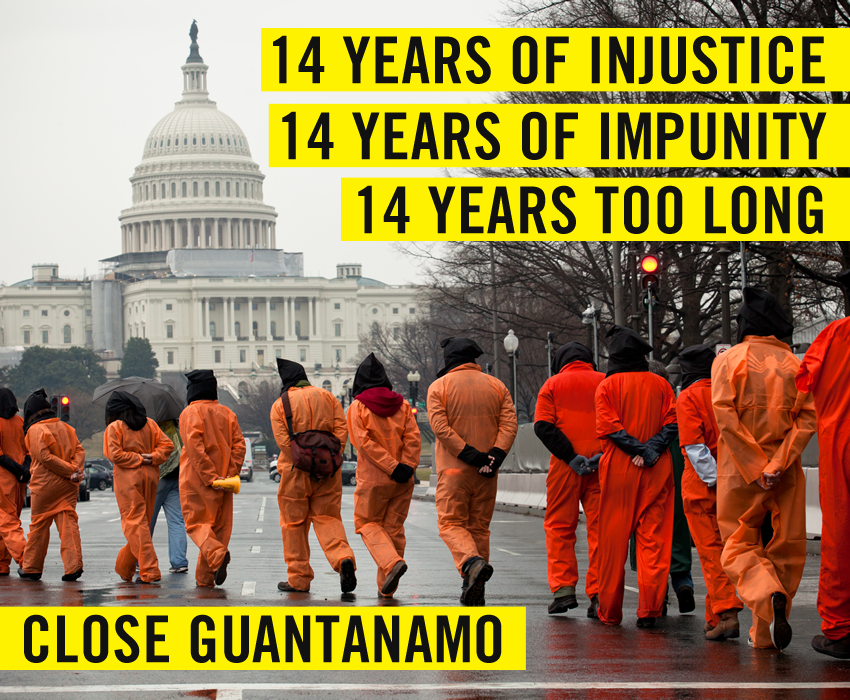
(Photo: Justin Norman)
By Dr. Maha Hilal, Executive Director at National Coalition to Protect Civil Freedoms
“[W]hat counts as a livable life and a grievable death?”
(Judith Butler, 2004, p. xv)
The Muslim body in the so-called War on Terror has been treated as if it is without value and inconsequential. Muslim bodies have been detained, extradited, tortured, and unlawfully killed. Muslim lives have been drowned in a sea of policy and rhetoric that justifies the loss of lives as “collateral damage” in the name of protecting U.S. security. Methods which would otherwise be considered brutal and inconsistent with the U.S. government claims to uphold democracy and human rights position Muslims as less than human, and in this way their lives and their deaths are treated as inconsequential. SEE THE REST OF THIS POST



